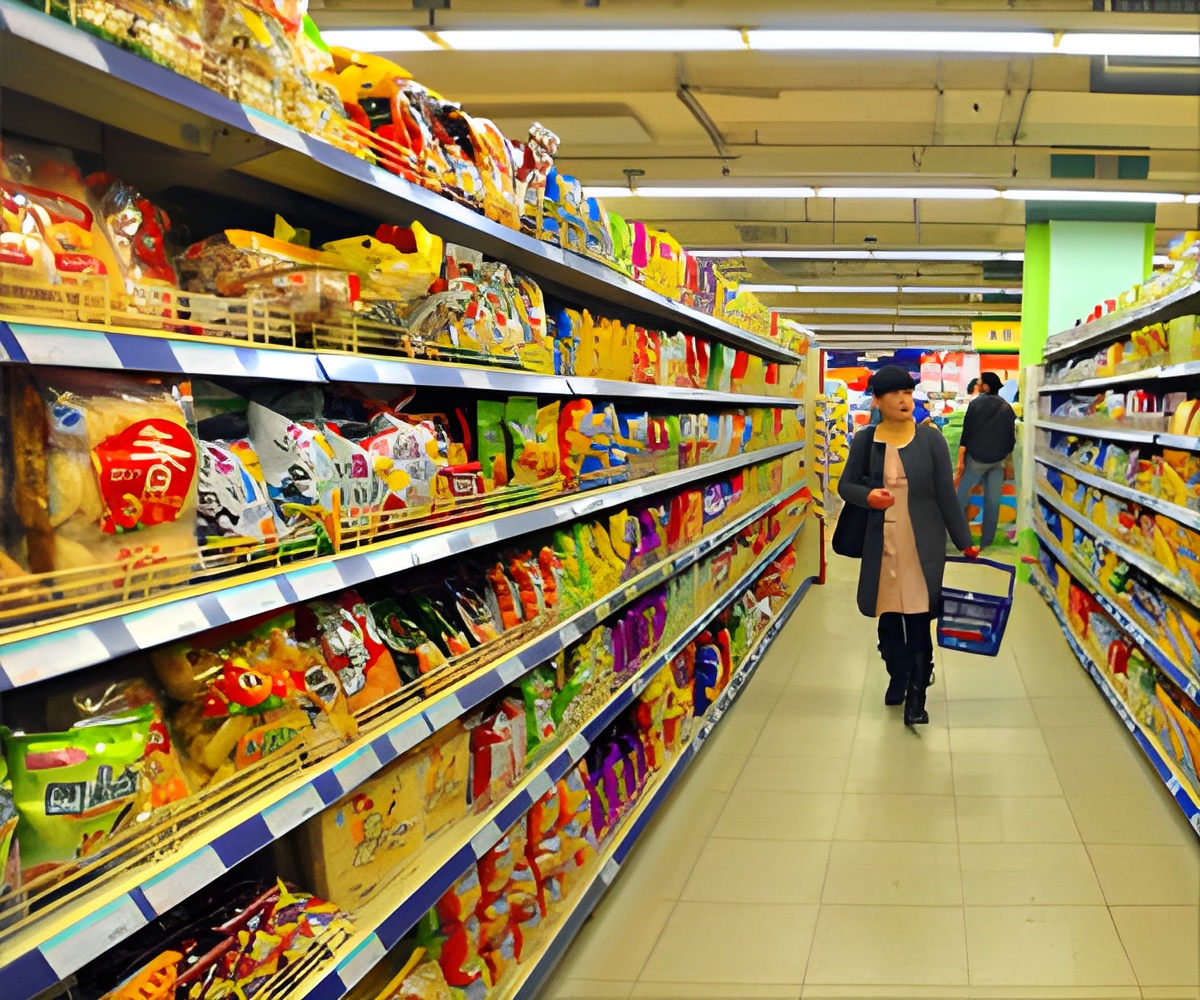The ban on print advertising in COVID-19 period resulted in a 6% decline in grocery sales, as analyzed from a study in Germany.

Frontiers: The Effect of an Ad Ban on Retailer Sales: Insights from a Natural Experiment
Go to source). The authors of a recent study indicate that the spontaneous experiment resulted in a 6% decrease in grocery retail sales within that state.
‘Print advertising significantly impacts consumer purchasing behavior through the use of strategic tools such as billboards, brand graphics, and appealing models to attract a larger audience. #Printadvertising #grocerysales #medindia’





The peer-reviewed article featured in the INFORMS journal Marketing Science is entitled, "The Effect of an Ad Ban on Retailer Sales: Insights from a Natural Experiment." The research was conducted by authors Sebastian Gabel from Erasmus University in the Netherlands, Dominik Molitor from Fordham University, and Martin Spann from Ludwig Maximilian University in Munich. Cascading Effect of Ban on Consumer Purchasing Behavior
“After identifying the situation in Saarland – the German state in which the ad ban occurred – we decided to study how banning print advertising affects retailers, particularly in a time when they have other, more sustainable and even cost-efficient means to market on digital platforms,” says Gabel. “As a result, we decided to measure the causal effect of grocery retailer advertising on consumer purchasing behavior and overall retailer performance.”The researchers focused on data obtained from a nationwide grocery retail chain that operated in Saarland and the adjacent state Rhineland-Palatinate, which did not institute an ad ban. They were able to compare the chain’s sales in both states to determine the impact of the ad ban. They analyzed the daily sales data of 56 stores over a period of 25 weeks to arrive at their conclusions.
Ban on Advertisement Did Affect the Retail Sales!
Grocery retailers significantly depend on conventional printed advertising mediums for sales.“What we found was that while the Saarland ban on printed advertising did contribute to a 6% decrease in retail sales, in Rhineland-Palatinate, where there was no ban, sales did not decrease,” says Molitor. “Grocery retailers are specifically reliant on traditional printed advertising vehicles.”
Advertisement
Reference:
- Frontiers: The Effect of an Ad Ban on Retailer Sales: Insights from a Natural Experiment - (https://pubsonline.informs.org/doi/10.1287/mksc.2023.0019)
Source-Eurekalert









